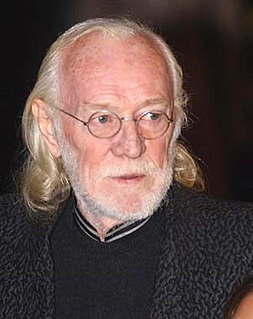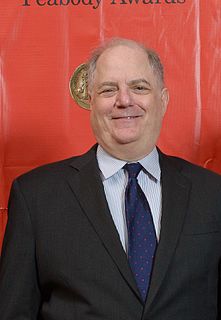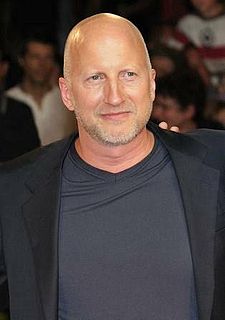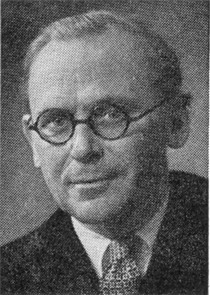A Quote by Lou Holtz
I was born January 6, 1937, eight years after Wall Street crashed and two years before John Steinbeck published The Grapes of Wrath, his Pulitzer Prize-winning novel about the plight of a family during the Great Depression.
Related Quotes
I remember reading 'The Grapes of Wrath' in high school in 1983. My family had immigrated to the U.S. three years before, and I had spent the better part of the first two years learning English. John Steinbeck's book was the first book I read in English where I had an 'Aha!' moment, namely in the famed turtle chapter.
One thing about winning a Pulitzer, it means you know what the first three words of your obituary will be: Pulitzer Prize-winner. After winning the Pulitzer, I couldn't help but notice how people suddenly looked at me with a newfound respect, and would say, "He's an expert." On the negative side, I developed a terrible case of writer's block for awhile, because I felt like readers would expect every one of my columns to be prize worthy.
The same costume will be Indecent ten years before its time, Shameless five years before its time, Outre (daring) one year before its time, Smart (in its own time), Dowdy one year after its time, Ridiculous twenty years after its time, Amusing thirty years after its time, Quaint fifty years after its time, Charming seventy years after its time, Romantic one-hundred years after its time, Beautiful one-hundred-and-fifty years after its time.






































